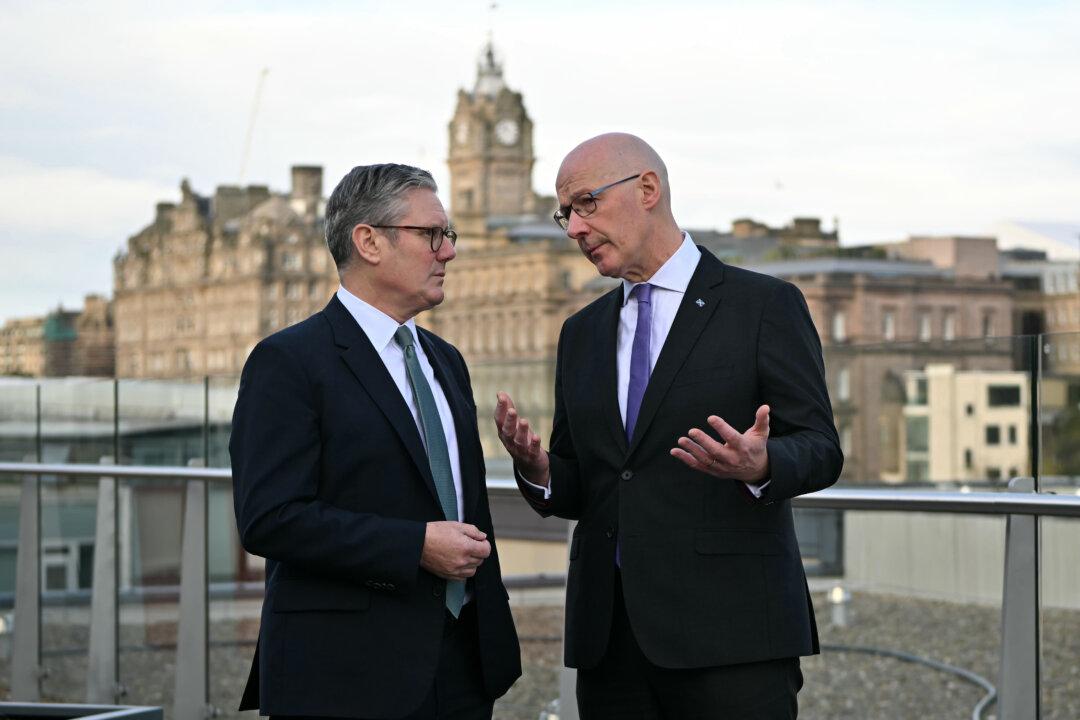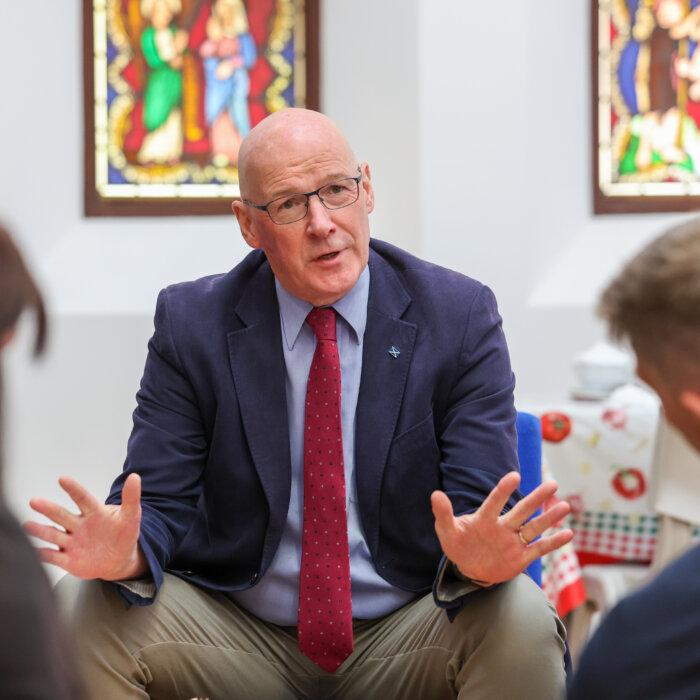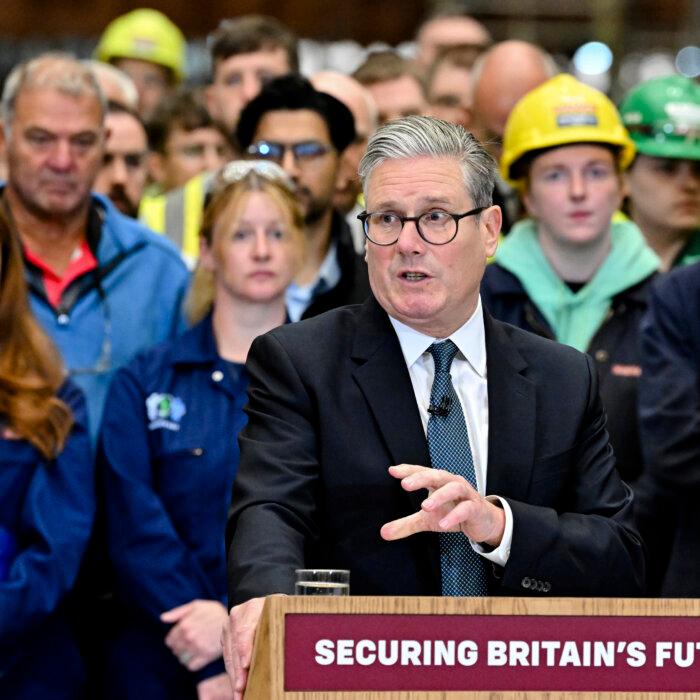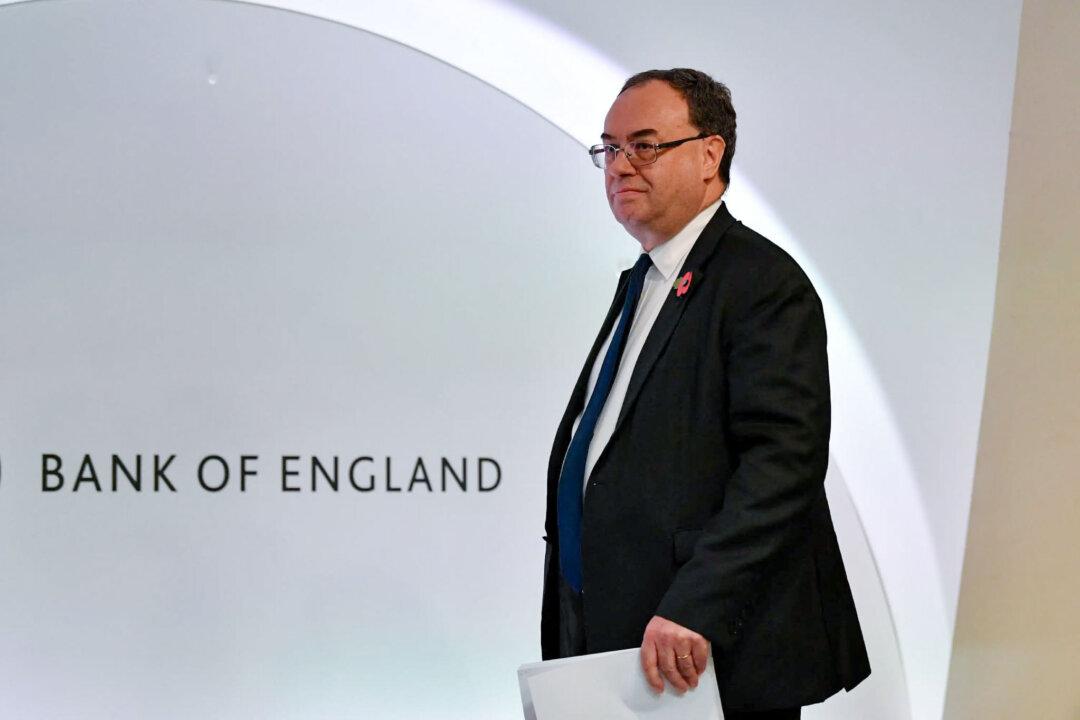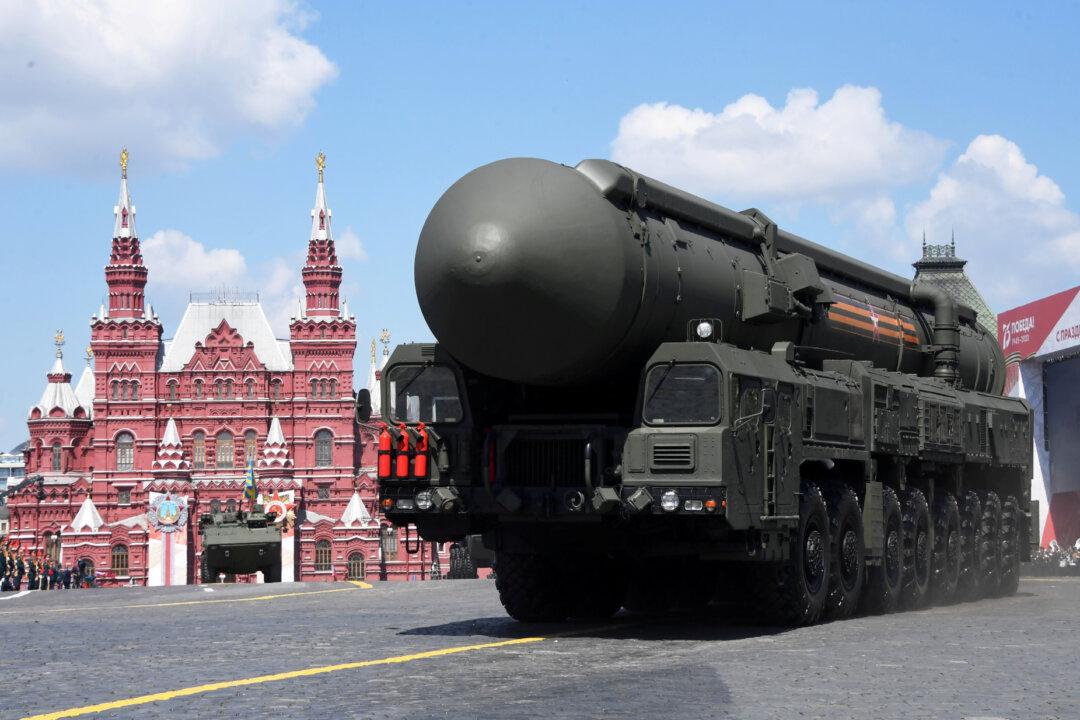Prime Minister Sir Keir Starmer has said that Scottish independence has not been raised as a top priority in discussions with First Minister John Swinney, despite the latter recently relaunching a campaign for a second referendum on the issue.
“We got a big election win last year on the basis that we would stabilise the economy and ensure that on that foundation we built a stronger Scotland in a stronger United Kingdom and that’s what I intend to do.
“Nobody’s raising that with me as their first priority, certainly in the discussions I’m having with the first minister,” he said.
His comments come less than a year before the next Scottish Parliament elections, where the pro-independence Scottish National Party (SNP) is leading in opinion polls.
Swinney Rallies for Independence
Swinney, who became first minister in May last year, has sought to rekindle momentum behind the independence movement.He has also pledged to scrap the two-child benefit cap and has been critical of Labour’s cuts to winter fuel payments (WFP), which he says disproportionately harm vulnerable pensioners.
The government’s recent suggestion of reviewing WFP cuts prompted criticism among SNP members, reigniting demands for Scottish independence.
SNP MP Seamus Logan criticised the policy, which he said disregards the needs of 900,000 Scottish pensioners.
Referendum Debate
Scottish nationalists lost the 2014 independence referendum by 55 to 45 percent, and the UK government has repeatedly blocked efforts to stage another vote.A 2022 Supreme Court ruling confirmed that Holyrood cannot unilaterally legislate for a second referendum without Westminster’s consent.
Although the issue has since receded on the national agenda, support for independence remains resilient.
SNP MP Stephen Gethins said on Tuesday that it was “disappointing” and “arrogant” for Starmer to suggest that the matter of independence was settled.
“This shouldn’t be an issue that’s decided by one person at Downing Street or elsewhere. This should be a matter for the people of Scotland,” he said.
However, opposition to a second vote remains entrenched among unionist politicians.
Scottish Labour leader Anas Sarwar has said the focus of the next Parliament should be clearing NHS backlogs, not holding another referendum.
He also accused Swinney of using Reform as a political distraction from the SNP’s domestic record.
Defence Spending Highlights Policy Divide
Starmer’s visit to Scotland also coincided with the launch of a Strategic Defence Review in Glasgow.The UK plans to invest £15 billion in nuclear warheads and construct six new munitions factories.
Starmer has defended the deterrent, previously telling the Commons that “if ever there was a time to reaffirm support for the nuclear deterrent, it is now.”
While defence remains a reserved issue under UK constitutional arrangements, the nuclear debate reflects broader divisions between London and Edinburgh, divisions that could once again sharpen as the 2026 Holyrood election approaches.
